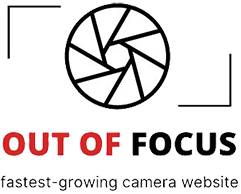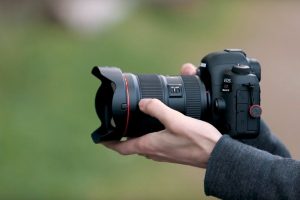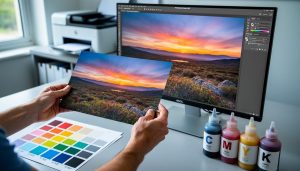
Transform your photography journey through professional mentorship programs that pair seasoned experts with emerging photographers. Master advanced techniques, develop your unique artistic voice, and navigate the industry’s complexities under personalized guidance. Whether you’re struggling with technical challenges, seeking portfolio refinement, or aiming to launch a photography business, a dedicated mentor provides structured feedback, insider knowledge, and accountability that online tutorials and workshops simply can’t match. The right mentorship relationship accelerates your growth exponentially, helping you avoid common pitfalls while building valuable industry connections. Think of it as an apprenticeship for the digital age – where individualized instruction meets real-world application, transforming passionate photographers into confident professionals.
The Power of Personalized Learning in Photography
Beyond YouTube Tutorials
While YouTube tutorials and online courses offer valuable photography knowledge, mentorship provides a depth of learning that simply can’t be replicated through pre-recorded content. A mentor can transform your photography through personalized guidance that adapts to your unique creative vision and technical challenges.
Unlike standardized learning resources, mentors offer real-time feedback on your specific shooting situations, equipment setup, and artistic decisions. They can identify subtle mistakes in your technique that might go unnoticed in self-directed learning, and provide immediate solutions tailored to your skill level and goals.
The interactive nature of mentorship also allows for spontaneous learning moments that aren’t possible with recorded content. Whether it’s troubleshooting difficult lighting conditions during a live shoot or discussing the nuances of client interaction, these authentic experiences create deeper understanding and lasting improvement in your craft.
Additionally, mentors share invaluable industry insights and professional networks that you won’t find in online tutorials, helping you navigate both the creative and business aspects of photography with confidence.
Real-Time Feedback That Matters
One of the most powerful aspects of a photography mentorship is the immediate, personalized feedback you receive on your work. Unlike online tutorials or general photography classes, a mentor provides targeted critique that addresses your specific strengths and areas for improvement. This real-time guidance helps you identify and correct mistakes quickly, preventing bad habits from becoming ingrained in your practice.
When your mentor reviews your work, they’re not just pointing out technical issues – they’re helping you understand the why behind each suggestion. They might notice that your compositions consistently cut off at awkward points, or that you’re not making the most of available light. This immediate feedback loop allows you to adjust your approach on the spot, experimenting with different techniques while the lesson is fresh in your mind.
The personal nature of mentorship feedback also means it’s tailored to your creative vision and goals. A good mentor won’t try to mold you into a carbon copy of themselves but will instead help you develop your unique style while maintaining technical excellence. This balanced approach ensures that you grow both artistically and professionally, with each critique session building upon the last to create a solid foundation for your photography journey.
What to Expect in a Photography Mentorship
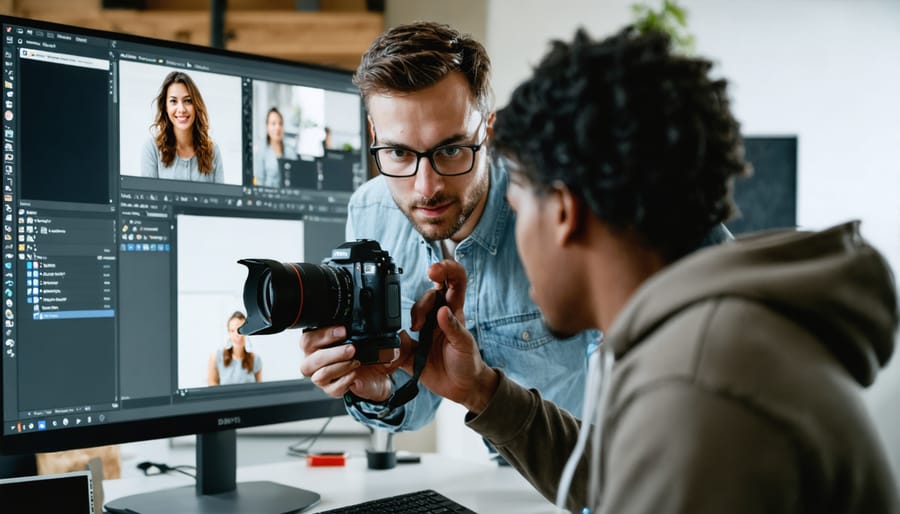
One-on-One Sessions
One-on-one sessions form the core of photography mentorship programs, typically lasting between 60 to 90 minutes per session. These personalized meetings can take place in person at a studio, on location during photo shoots, or virtually through video conferencing platforms, depending on your arrangement with your mentor.
During these sessions, you’ll review your recent work, discuss specific challenges you’re facing, and receive detailed feedback on your photography techniques. Your mentor might analyze your portfolio, suggesting improvements in composition, lighting, or post-processing. They may also demonstrate specific techniques using their own equipment or guide you through your camera settings to help you better understand technical concepts.
Many mentors structure these meetings around your learning goals, often beginning with a review of assignments from previous sessions. They might provide hands-on demonstrations, share their screen during editing tutorials, or work through real client scenarios with you. Some mentors also include practical exercises, like analyzing famous photographs or working through specific technical challenges.
The frequency of these sessions varies, but most mentors recommend meeting every two to four weeks to allow time for practice and implementation of new skills between sessions.
Portfolio Reviews
A portfolio review with a mentor can be transformative for your photographic journey. These sessions involve an experienced photographer providing detailed feedback on your work, helping identify strengths and areas for improvement. Mentors don’t just evaluate individual images; they assess how your photographs work together to tell your unique visual story.
During portfolio reviews, mentors help with building a strong portfolio by guiding you through image selection, sequencing, and presentation. They’ll identify recurring themes in your work that you might have overlooked and suggest ways to develop these elements further.
Your mentor will also help align your portfolio with your photography goals, whether you’re pursuing commercial work, fine art exhibitions, or personal projects. They’ll provide honest, constructive feedback about technical execution, artistic vision, and market relevance, helping you refine your work to better resonate with your intended audience.
Field Sessions
Field sessions are where the magic of photography mentorship truly comes alive. These hands-on experiences allow you to work alongside your mentor in real-world shooting situations, from bustling street photography to serene landscape settings. Your mentor will guide you through camera settings, composition choices, and creative approaches while you’re actually making images.
During these sessions, you’ll learn to handle challenging lighting conditions, work with subjects, and solve technical problems in real-time. Many mentors structure these outings around specific themes or techniques, such as golden hour portraits, long exposure photography, or urban architecture shoots.
The immediate feedback you receive while shooting is invaluable. Your mentor can correct your technique on the spot, suggest alternative angles, or help you overcome creative blocks as they happen. This dynamic learning environment often leads to breakthrough moments that wouldn’t be possible in a classroom setting.
Most mentorship programs include regular field sessions, typically lasting 2-4 hours, where you’ll build confidence and develop your unique photographic voice through practical application.
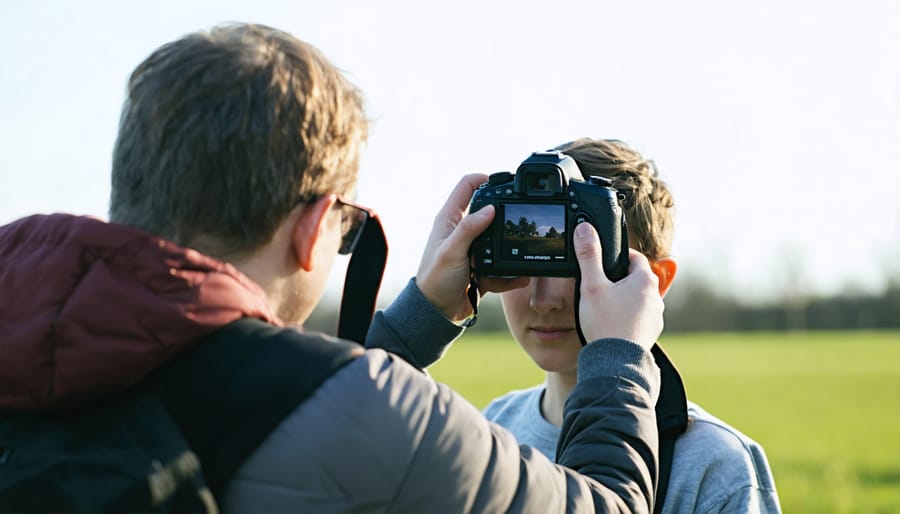
Finding the Right Photography Mentor

Matching Styles and Specialties
Finding a mentor whose style and expertise align with your photography goals is crucial for a successful mentorship experience. Start by clearly defining your photographic interests and aspirations – whether that’s portrait photography, landscape work, commercial shoots, or fine art photography. Then, research potential mentors by examining their portfolios, professional achievements, and teaching approach.
Consider both technical expertise and artistic style when evaluating potential mentors. If you’re drawn to moody black and white portraits, seek out a mentor who excels in that specific aesthetic. For those interested in wildlife photography, look for someone with extensive field experience and knowledge of animal behavior.
Pay attention to how potential mentors communicate their ideas and methods. Some photographers excel at explaining technical concepts, while others are better at nurturing creative vision. Match their teaching style to your learning preferences. Additionally, consider their professional network and industry connections if you’re looking to break into a specific photography niche.
Don’t hesitate to have preliminary conversations with potential mentors about their approach to teaching and their specialty areas. This initial dialogue can help you gauge whether their expertise matches your learning objectives and if their personality will make for a comfortable mentoring relationship.
Red Flags to Watch For
While seeking a photography mentor, be vigilant about certain warning signs that could indicate a less-than-ideal mentorship experience. Be wary of mentors who refuse to show their portfolio or lack a substantial body of work. A legitimate mentor should be proud to showcase their expertise and accomplishments.
Watch out for those who make unrealistic promises, like guaranteeing instant success or promising to make you a professional photographer in just a few weeks. Quality mentorship takes time and dedication from both parties.
Be cautious of mentors who seem more interested in selling their products or services than in your development. While some may offer additional resources, your growth should be their primary focus. Similarly, avoid those who are unwilling to provide references from past mentees or seem defensive when asked about their teaching experience.
Red flags also include mentors who are inflexible with their teaching methods or dismiss your creative vision. A good mentor should adapt their approach to your learning style and help you develop your unique photographic voice while maintaining professional boundaries.
Finally, be skeptical of mentors who significantly undercharge or overcharge compared to market rates. Quality mentorship is an investment, but it shouldn’t break the bank.
Making the Most of Your Mentorship
Setting Clear Goals
Setting clear goals is the foundation of a successful photography mentorship. Before reaching out to potential mentors, take time to identify what you want to achieve through the relationship. Are you looking to master studio lighting, develop a distinct style, break into wedding photography, or improve your post-processing techniques? Being specific helps both you and your mentor create a focused learning path.
Write down three to five concrete objectives you’d like to accomplish within a specific timeframe. For example, “Within six months, I want to confidently shoot manual mode in challenging lighting conditions” is more actionable than “I want to become a better photographer.”
When communicating these goals to your mentor, be honest about your current skill level and limitations. This transparency allows them to tailor their guidance effectively. Consider creating a simple document outlining your objectives, available time commitment, and preferred learning style. Include examples of work that inspires you and areas where you struggle.
Remember that goals can evolve as you progress, but having a clear starting point ensures both you and your mentor are aligned from the beginning. Regular check-ins to review and adjust these objectives will keep your mentorship on track and productive.
Active Participation
To make the most of your photography mentorship, active engagement is essential. Start by setting clear goals and communicating them openly with your mentor. Take detailed notes during sessions and maintain a dedicated journal to track your progress and questions that arise between meetings.
Don’t wait for your mentor to assign tasks – be proactive in seeking challenges and opportunities. When you receive feedback, implement it thoughtfully and document the results. This shows your commitment and helps you build your photography network while developing your skills.
Come prepared to each session with specific questions and examples of your work. Share both your successes and struggles – mentors appreciate honesty and can provide better guidance when they understand your challenges. Practice regularly between sessions and experiment with the techniques discussed.
Consider creating a portfolio of work that demonstrates your growth throughout the mentorship. This not only helps track your progress but also provides tangible evidence of your development. Remember, the more you put into the mentorship, the more valuable insights and growth opportunities you’ll receive in return.
Investment and Returns
Cost Considerations
Photography mentorship costs vary widely, typically ranging from $100 to $500 per month, depending on the mentor’s experience and the program’s intensity. Some mentors offer package deals, such as three-month programs at a discounted rate, while others charge per session, usually between $75-150 per hour.
Many established photographers structure their mentorship fees with an upfront payment for a defined period, often including weekly or bi-weekly sessions, portfolio reviews, and email support. Some offer tiered pricing options, with basic packages covering fundamental guidance and premium packages including hands-on shooting sessions and advanced business coaching.
Be wary of unusually low-priced mentorships, as quality guidance requires significant time investment from experienced professionals. However, some mentors offer flexible payment plans or sliding scale rates for emerging photographers. Additionally, group mentorship programs can provide a more affordable alternative, typically costing 40-60% less than one-on-one arrangements while still offering valuable learning opportunities.
Before committing, ensure all costs and included services are clearly outlined in a written agreement.
Long-Term Benefits
A photography mentorship can transform your career trajectory and creative development in profound ways. Many successful photographers credit their mentors for helping them establish strong industry connections, develop a distinctive artistic style, and build sustainable business practices that serve them throughout their careers.
Beyond technical skill improvement, mentees often gain invaluable insider knowledge about navigating client relationships, pricing their work competitively, and identifying profitable niches within the industry. This guidance can help bypass years of trial and error, potentially saving both time and resources while accelerating professional growth.
The mentor-mentee relationship frequently evolves into a long-term professional alliance, opening doors to collaboration opportunities, referrals, and shared projects. Additionally, the confidence gained through mentorship often empowers photographers to take calculated risks, pursue ambitious projects, and establish themselves as authorities in their chosen specialties.
Perhaps most importantly, mentorship helps develop a growth mindset and commitment to continuous learning that serves photographers throughout their careers, fostering innovation and adaptability in an ever-evolving industry.
Photography mentorship represents a transformative journey that can significantly accelerate your growth as a photographer. Throughout this article, we’ve explored how mentorship programs offer personalized guidance, constructive feedback, and invaluable industry insights that simply can’t be gained through self-study alone. Whether you’re a budding enthusiast looking to master the basics or a semi-professional aiming to refine your artistic vision, the right mentor can help bridge the gap between where you are and where you want to be.
Remember that successful mentorship relationships are built on clear communication, mutual respect, and dedication to growth. Take time to carefully evaluate potential mentors, ensuring their expertise aligns with your goals and their teaching style matches your learning preferences. Don’t be afraid to ask questions during the selection process and be upfront about your expectations and commitment level.
The investment in a photography mentorship – whether in time, money, or both – can yield returns that extend far beyond technical skill improvement. From building professional networks to gaining confidence in your artistic voice, the benefits can shape your entire photography journey.
Now is the time to take action. Start researching potential mentors, reach out to photography communities, and take that first step toward meaningful growth in your craft. Your future as a photographer may very well be transformed by the guidance and wisdom of an experienced mentor who believes in your potential.
